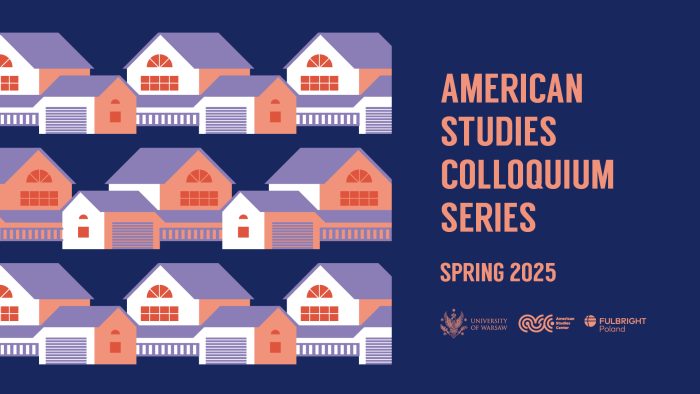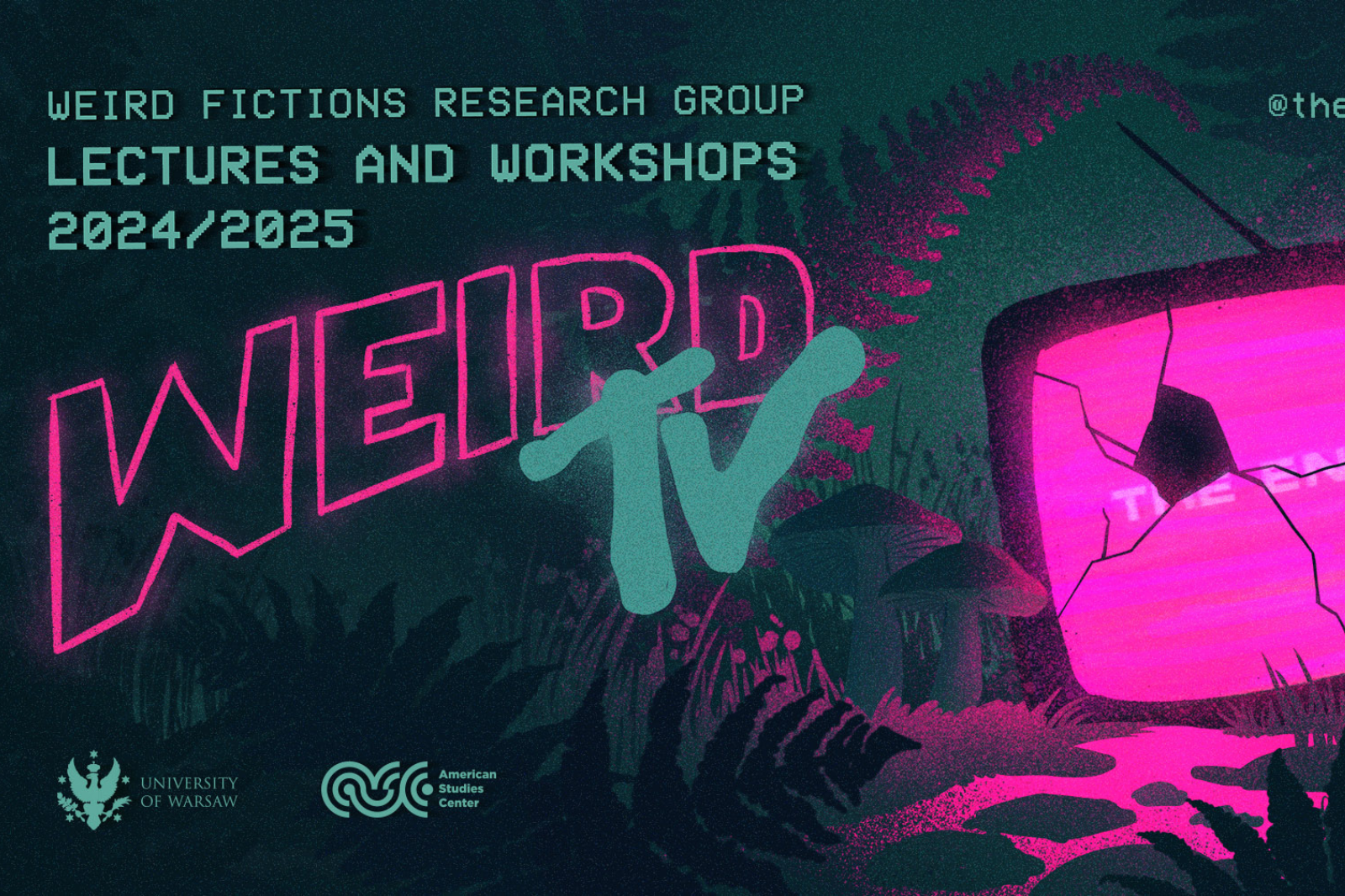We are pleased to invite you to the second lecture of the American Studies Colloquium Series in the 2025 Spring semester!
Tereza Jiroutová Kynčlová
(Charles University)
Limits to/of Representation: Intersectional and Gender-Based Violence in Taylor Sheridan’s Wind River
Thursday, March 20, 2025
at 4:45 p.m.
You can get 3 OZN points for participating in this event.

Where?
Dobra 55, room 2.118
(the building features some mobility accommodations: ramp and lift)
What?
With the Yellowstone, 1883, 1923, Lioness, Landman and other series, Taylor Sheridan has established himself as a central figure shaping current representations of the American West on TV screens. Yet, the foundations to his oeuvre lie in cinematography.
His directorial debut Wind River (2017) closes with a title card on non-existent statistics of Native American women’s feminicides and can therefore be read as an aspiration to bring the realities of structural and intersectional inequalities faced by Native Americans to the mainstream Hollywood production, thereby raising awareness about the effects of intersectional marginalization of Indigenous nations in the US. In Wind River, Sheridan’s engendering of the dire conditions faced by Native Americans accomplishes at least three goals. It challenges the myth of “the vanishing Indian. Contrary to the general invisibilization of Native American issues in public discourse, the film’s accentuation of the legendary American West as a site of on-going colonial and neoliberal struggles positions – yet again – Indigenous nations along other US racial, ethnic and cultural minorities resisting established hegemonic power relations and cultural hierarchies. Finally, it critically comments on the state’s complicity and involvement in perpetuation of racial, economic and gender-based violence through its failure to allocate resources and institutional support criminal investigation and disenfranchisement mitigation. As such Sheridan’s Wind River aspires to represent values of social justice and equality.
My close reading anchored in postcolonial, decolonial, and intersectional feminist analysis reveals, however, that the choice of western/detective story/thriller genre(s) undermine(s) such aspirations due to their gendered and racialized characteristics. Simultaneously, the movie industry’s for-profit operations hinder Sheridan’s goals at fair representation of Native American women. My talk provides a nuanced analysis of Wind River through categories of representation as inclusion and representation as portrayal. Significantly, the catalyst of all events unfolding in the movie, i.e. the native woman, is absent in the story as she is dead and silent. She is represented only through a flashback scene that portrays the sexualized and violent events that lead to her demise. In other words, Wind River aims to target the persistent colonial and dehumanizing practices of patriarchy and cultural dominance where bodies of color are made disposable (Wright 2006), but concurrently renders them incapacitated and victimized and void of agency. The film thus contains and presents tensions that “speak” volumes about the difficulties of making intersectional, gender-based, classed and racialized violence “speakable” (Macklin 2021) in postcolonial, androcentric and marginalized contexts, especially on the mainstream Hollywood screen.
Who?
Tereza Jiroutová Kynčlová is an Assistant Professor in the Graduate Program of Gender Studies at Charles University, Czech Republic. She is a member of Committee for Ethical Research at Faculty of Humanities, and Gender Studies Centre Collegium at Faculty of Arts (both Charles University). In 2022-2023 she was a Senior Fellow with Elisabeth List Fellowship for Gender Research at University of Graz, Austria. With background in American studies, political science, and gender studies, her research spans cultural representations of gender in literature, film, and arts as well as post- and decolonial thought, feminist theories of nationalism, feminicide, and settler colonialism.




